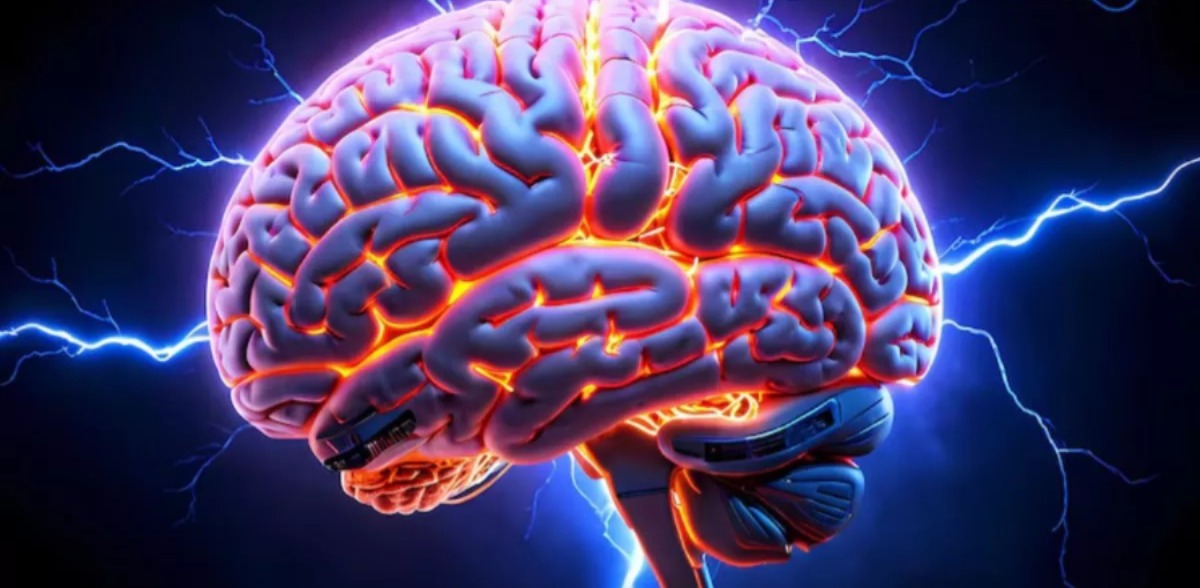
There is a part in our brain called the amygdala. This part plays a big role in controlling our emotions, especially fear and anxiety. Scientists also call it the 'center of fear'. Let us tell you, a recent interesting study has revealed that there may be an interesting connection between the size of the amygdala and a person's political views.
The Amygdala and Political Ideology
Researchers at Rosalind Franklin University conducted MRI scans of the brains of 928 young people aged 19 to 26 in the Netherlands. Through this scanning, they measured the size of the amygdala and also linked it to the political views of the candidates. The results of the study revealed a surprising fact that the amygdala of people holding conservative views was on average 10 cubic millimeters larger than those of people holding liberal or progressive views.
Psychologist Diamantis Petropoulos Petalas, lead researcher of the study, says that these results suggest that the structure of our brain, specifically the size of the amygdala, can influence our political views. This is an interesting finding because it shows that our political views are not only the result of our experiences and education, but can also be influenced by our biological makeup.
The unique connection between the mind and politics
The study conducted in the Netherlands shows that a part of our brain can influence our political views. This is not limited to the Netherlands, but can also happen in other countries, especially in countries like India where there are many political parties and the society is also full of diversity. Petlas believes that the results of this study can be even more interesting in countries with a multi-party system like India. Due to the diverse socio-political structure of India, here we can find many new dimensions about the relationship between political ideologies and brain structure.
The study revealed the reason for conservative views
The amygdala is often called the brain's alarm system because it plays a large role in recognizing fear, emotions and threats. According to Petalas, conservative ideologies often emphasize stability and security, which may be linked to the amygdala's response to threats. Individuals with larger amygdalas may be more sensitive to new changes or uncertainties, which may make them more inclined to adopt conservative views. However, compared to a 2011 study from University College London, this new study found less of an effect of the amygdala on political ideology.
--Advertisement--

 Share
Share



